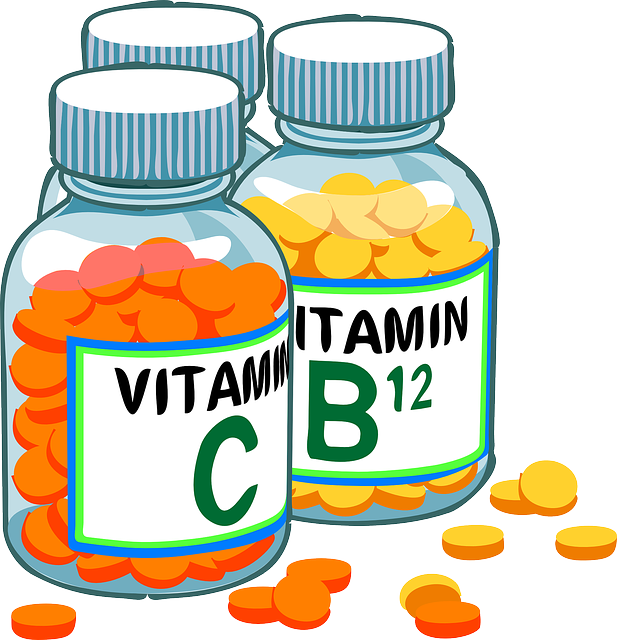It has long been understood how crucial diet is to human health. Before 1960, research in this area was mostly concerned with preventing acute nutrient-deficiency illnesses including scurvy, rickets, and pellagra. It was determined that there were about 50 necessary nutrients (including vitamins, minerals, antioxidants, cofactors, essential amino acids, and essential fatty acids). Also created were suggested daily intakes for particular nutrients. The suggestions helped to eradicate acute nutrient deficient disorders.

Sadly, these relationships are challenging to research in part because to the temporal periods involved. The study of many of these connections takes decades or lifetimes. Conducting research that lasts for more than a few years is highly challenging. Despite this, improvements in epidemiological and clinical research have revealed a wealth of knowledge on the effects of food and nutrient intakes on long-term health.
The importance of food and nutrition in maintaining long-term health has gained attention during the past several decades. The long-term health of the heart, bones, joints, eyes, neurological system, and immune system has been demonstrated to be influenced by nutrition.
Nutritional supplements have drawn greater attention from academics in recent years as potential additions to a balanced diet. These studies have employed a wide range of research techniques and have generated both favorable and unfavorable findings. A few dietary supplements are now often used in contemporary medical procedures. This covers, for instance, the function of folic acid supplements in avoiding some birth abnormalities and the function of calcium and vitamin D supplements in maintaining healthy bone density. Results have proven less consistent in some areas (such the function of antioxidant supplements in heart health), and definitive findings are still debatable.
Do nutritional supplements work?
Minerals and vitamins are crucial for the proper growth and operation of your body. While most individuals obtain the appropriate amount of nutrients by eating healthfully, certain people require a little nutritional boost. Supplements bridge that gap by providing your body with the support it needs to function properly.
What supplement is the most well-liked?

The top ten dietary supplements among US adults were multivitamins, vitamin D, vitamin C, protein, calcium, vitamin B or vitamin B complex, omega-3 fatty acids, green tea, magnesium, probiotics, iron, vitamin E, and turmeric, according to the Council for Responsible Nutrition’s 2019 consumer survey.
What risks do supplements pose?
But because they include active components, they can also have negative side effects including high blood pressure, irregular or racing heartbeat, headache,
lightheadedness, or stomach issues.
Conclusion

Nutritional supplements have become a necessity due to the change in our lunch pattern and our dependence on fast food, and the pressures of life. This rapid change in our lives made us spend most of our time outside the house and imposed on us fast eating that is harmful to our health. We also do not forget the psychological pressures and lack of sleep that resulted in new era diseases such as high blood pressure, Diabetes, sudden death and mental or mental illness.
That is why we must be careful and reconsider our lifestyle, and focus on exercising.













